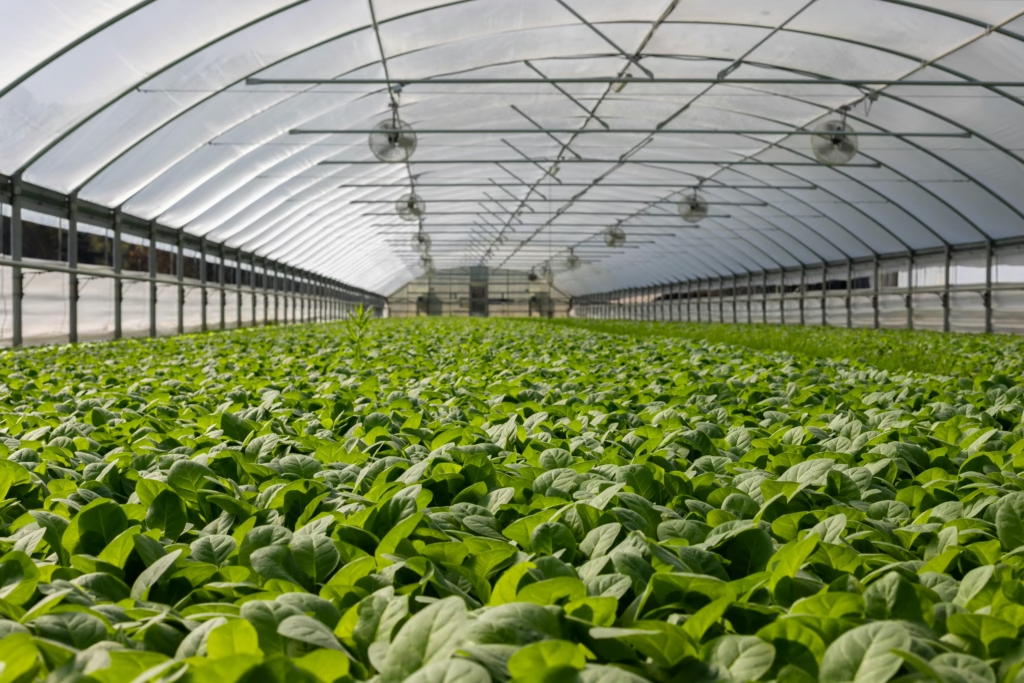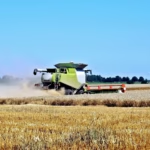
In the pursuit of innovation and progress, it’s easy to overlook the deep reservoirs of traditional wisdom that have guided African farming communities for generations. As agriculture across the continent evolves, the integration of Indigenous knowledge systems is proving essential in building sustainable, resilient, and locally adapted food systems. This balance between tradition and innovation is increasingly shaping the future of Modern African Agriculture.
What Is Indigenous Knowledge?
Indigenous knowledge refers to the time-tested, community-based wisdom developed over centuries by local populations through direct interaction with the land, climate, plants, and animals. It includes knowledge of soil management, crop rotation, intercropping, weather patterns, water harvesting, pest control, and seed preservation.
Unlike scientific knowledge, which is often generalized and data-driven, Indigenous knowledge is location-specific, experiential, and passed down orally or through community practice. It offers insights into farming practices that are low-cost, sustainable, and deeply in tune with local ecosystems.
Why Indigenous Knowledge Still Matters Today
Despite technological advances, many challenges in agriculture—such as climate change, soil degradation, and water scarcity—remain deeply local in nature. Modern tools alone may not be sufficient to solve them. In this context, Indigenous knowledge becomes an important asset. It helps farmers adapt practices that are ecologically sound, cost-effective, and culturally appropriate.
In fact, many components of Modern African Agriculture are now being strengthened by reviving traditional techniques that had once been sidelined. From natural pest repellents made of herbs to traditional composting methods and weather forecasting based on animal behavior or celestial observation—these old methods are making a comeback in modern strategies.
Bridging the Gap Between Traditional and Modern Practices
Rather than viewing Indigenous and modern knowledge systems as opposites, there is a growing movement to integrate them. Governments, NGOs, researchers, and agricultural institutions are recognizing the value of participatory approaches that involve farmers not just as beneficiaries but as knowledge holders.
For example, many agroecology programs in East and West Africa incorporate Indigenous seed varieties that are drought-tolerant or disease-resistant. These are often more reliable in harsh climatic conditions than imported hybrid seeds. Similarly, traditional water harvesting systems like zai pits or stone bunds are being reintroduced to improve soil fertility and moisture retention.
Such hybrid approaches allow Modern African Agriculture to remain innovative while also being rooted in local realities.
Case Studies: Indigenous Knowledge in Action
1. The Zai Technique in the Sahel
Farmers in Burkina Faso and Niger have used zai pits for centuries to reclaim degraded land. These small planting holes, filled with compost and organic matter, capture rainwater and concentrate nutrients. This Indigenous practice has been revived and improved, now playing a crucial role in increasing crop yields in drought-prone areas.
2. Ethnoveterinary Medicine in Kenya
Pastoralist communities in Kenya have long used plants to treat livestock diseases. This knowledge is not only effective but also provides an affordable alternative to commercial medicines. Today, researchers are documenting and validating these methods to promote safer animal health care under Modern African Agriculture programs.
3. Seed Saving in Ethiopia
Ethiopian farmers have preserved native seed varieties through community seed banks and seasonal exchange systems. These seeds are better adapted to local climate and soils, and are now being included in national agricultural strategies for resilience and food sovereignty.
Climate Change Adaptation Through Indigenous Knowledge
One of the strongest arguments for valuing Indigenous knowledge is its role in climate adaptation. African farmers are on the frontlines of climate change, facing erratic rainfall, extended droughts, and unpredictable seasons. Traditional knowledge offers tools to anticipate and respond to these changes.
For example, some communities interpret bird migrations, flowering patterns, or wind directions to forecast seasonal changes. Others plant mixed crops and stagger their planting times to spread risk. These methods, rooted in Indigenous experience, align well with principles of climate-smart agriculture.
In fact, organizations supporting Modern African Agriculture are now training agricultural extension workers to not only teach but also learn from local communities. The goal is to co-create solutions that blend traditional resilience with modern efficiency.
Barriers to Integrating Indigenous Knowledge
Despite its value, Indigenous knowledge often lacks formal recognition. Agricultural policy, education, and research have historically been based on Western scientific models, often dismissing traditional systems as unscientific or outdated.
There is also the risk of knowledge loss. As younger generations move to cities or adopt modern lifestyles, the oral traditions that carry Indigenous wisdom are fading. Preserving this knowledge requires documentation, institutional support, and community leadership.
Moreover, integrating Indigenous knowledge into Modern African Agriculture requires respectful collaboration. It is not about romanticizing the past but about appreciating lived experience, validating practical outcomes, and ensuring that knowledge holders are credited and empowered.
A Way Forward: Policies, Education, and Partnerships
To truly integrate Indigenous knowledge into Modern African Agriculture, several steps can be taken:
- Policy Inclusion: National agricultural policies must formally recognize Indigenous practices as a valid and essential component of development.
- Participatory Research: Researchers should involve local farmers as co-researchers, not just as test subjects, to ensure that scientific innovation aligns with traditional wisdom.
- Education Reform: Agricultural training programs and university curricula should include Indigenous knowledge systems alongside modern techniques.
- Youth Engagement: Encouraging young farmers to appreciate and apply traditional knowledge ensures continuity and cultural pride.
- Documentation: Communities, with support from NGOs or academic institutions, should record and publish Indigenous knowledge to preserve it for future generations.
Conclusion
As Africa charts its path toward food security, sustainability, and rural prosperity, the wisdom of the past must not be left behind. Indigenous knowledge is not a relic; it is a living, evolving system with real solutions for today’s challenges.
When merged thoughtfully with technology and research, it enriches Modern African Agriculture and offers a more holistic approach to farming. It speaks to the land, respects the climate, and empowers those who know it best—the farmers.
In celebrating Indigenous knowledge, we are not turning away from progress but embracing a more inclusive and sustainable vision for African agriculture.










Add comment